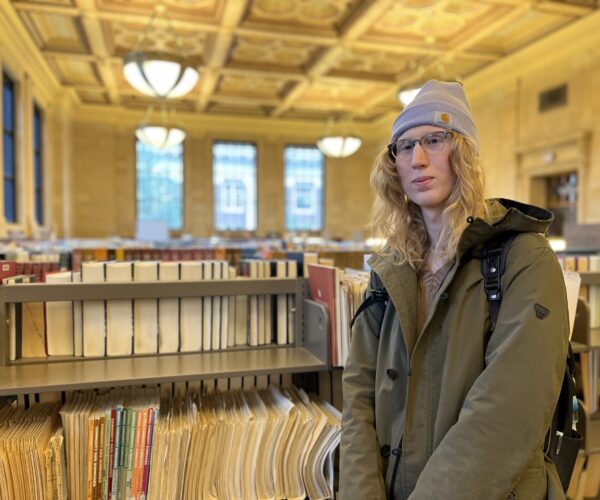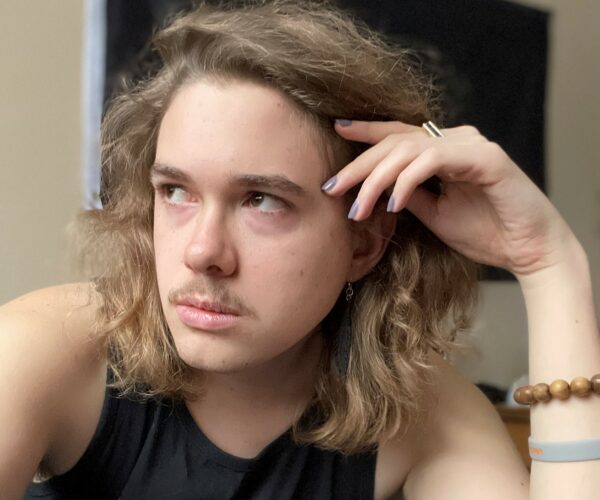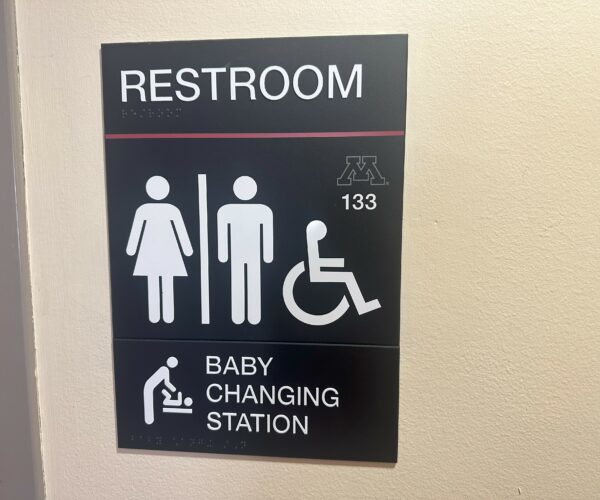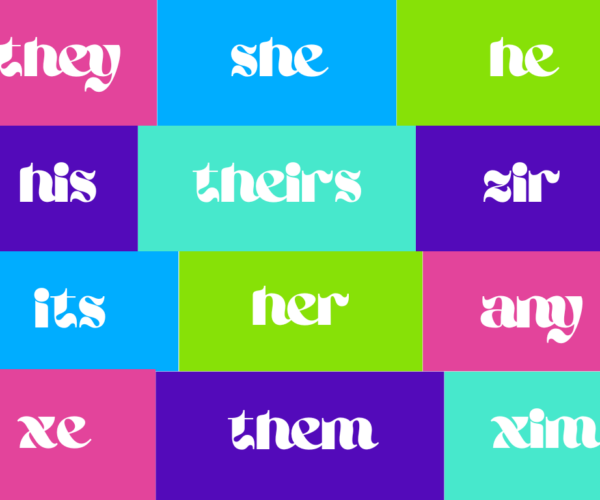By Marena Reich
If anyone comes into the Gender and Sexuality Center for Queer and Trans life (GSC) seeking advice, program coordinator J Nguyen knows what to say.
“Surrounding yourself with affirmation, where your identities, your values, and your ideals will be affirmed is really important to keep yourself safe and grounded,” Nguyen said.
Nguyen uses their own identity as nonbinary and queer, as well as being a Vietnamese American and a first-generation college student, to assist students in connecting with others or discussing their interests.
Nguyen’s main job at the GSC is to plan and create programs and events for queer and trans students on the University campus as well as provide resources. Nguyen has also taken on the role of educational training while the GSC assistant director position remains vacant due to understaffing.
Rick Hoops, Schochet Graduate Associate at the GSC, said J has fulfilled key roles, sometimes carrying multiple jobs at once. “They are great at their job and are beyond helpful in supporting student staff put on events and design programs,” Hoops said.
Choosing to drop out of their graduate program ultimately led Nguyen to where they are now: GSC program coordinator. When they first became involved at the center as a student staff member, Nguyen was in graduate school trying to complete the master’s of human rights program at the Humphrey School of Public Affairs.
However, they soon discovered that route wasn’t right for them.
“During that semester, I was having a really hard time with mental health and also my program wasn’t the queer-est or most affirming place for queer and trans students,” Nguyen said. “The GSC was really the one place on campus I felt like I could be myself and I was surrounded by other queer and trans people”
Their advice for other students who may be in the same position is simple: “If you’re ever in a place where you don’t want to be in school anymore, you should consider the options you have.”
Nguyen’s work through the GSC has helped them become more connected in the queer and trans communities on campus and art communities, while also assisting others.
“Having other mentors and role models has been really helpful in solidifying where you are in community,” they said. “I really enjoy connecting with students and trading resources and contacts.”
Nguyen broke down some of the ways students can become connected with others.
“The first step to making a community is showing up to spaces where there are other queer and trans people,” they said.
One good place to start is through the GSC mentorship program. While on hiatus for a few years because of the pandemic, the center is trying to rebuild it from the ground up. In its earliest iteration, the program primarily focused on peer mentorship through students working with other students.
Another way is to try to break isolation.
“I think it’s really easy to become isolated and alone when the things you consume are negative, especially because there’s so much hate against queer and trans people right now on social media,” Nguyen said. That’s why, they said, it’s helpful for people to surround themselves with affirmation.
Finally, people should aim for more acceptance in their thinking about artificial constructs like gender. Developing more affirming people starts with a more accepting society. Nguyen said.
“There need to be more people who are beginning to question how we’ve been historically taught and conditioned to understand gender, gender norms, and gender expectations,” Nguyen said. “Those things that have such a strong grip on our daily lives without us realizing it. There’s honestly nothing more liberating than understanding gender to be fluid, gender to be a spectrum than this immovable unchangeable identity.”




